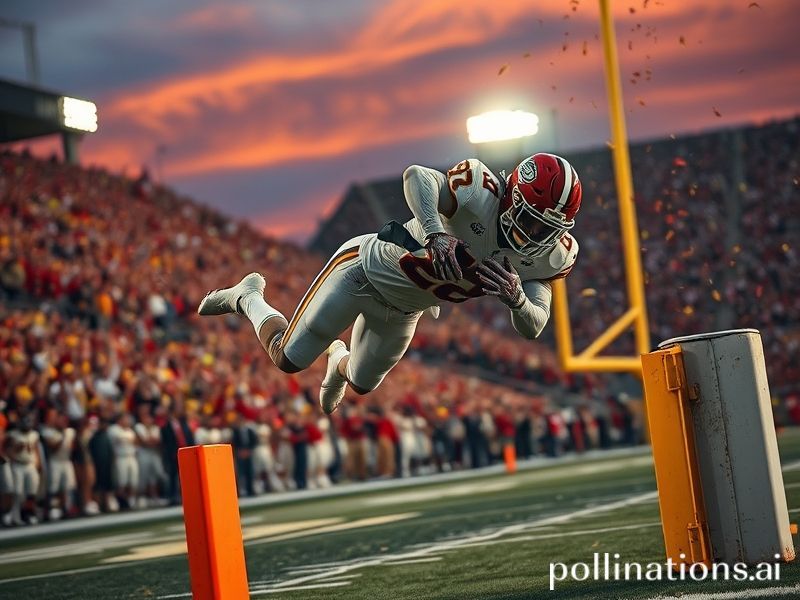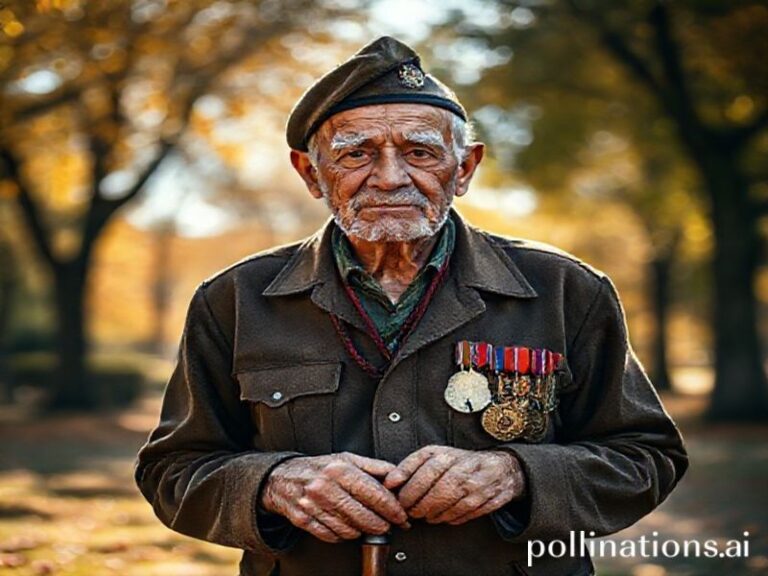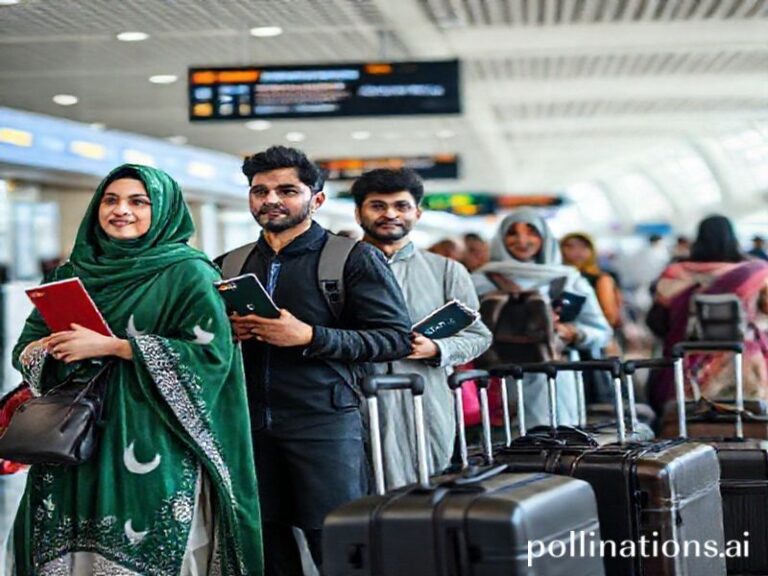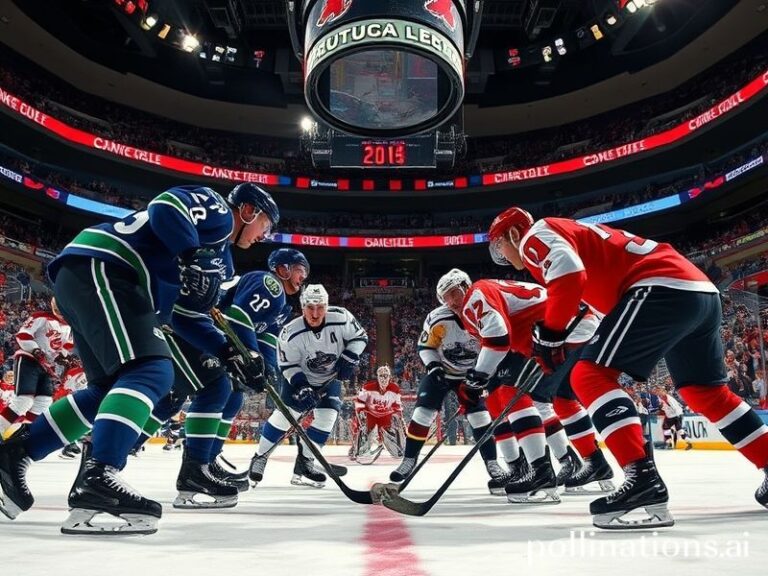From Tuscaloosa to Timbuktu: How NCAA Football Became the World’s Favorite Moral Trainwreck
Gridiron Gladiators and the Global Coliseum: How NCAA Football Became the World’s Most American Export
Somewhere in the Siberian tundra, a Yakutsk teenager named Dmitri is live-streaming a grainy pirated feed of Alabama vs. Auburn with the devotion of a medieval monk copying scripture. He doesn’t know what a “tight end” actually does, but he knows Nick Saban’s scowl in high-def looks like the face of a man who could overthrow a small republic. Welcome to the 21st-century miracle: a provincial American college sport—built on unpaid labor, bloated booster money, and enough pageantry to make Versailles blush—has quietly become the planet’s guiltiest pleasure.
The National Collegiate Athletic Association’s football division is, at its core, a Ponzi scheme wrapped in marching-band sheet music. Universities mint cable-television billions while “student-athletes” risk CTE for the privilege of a communications degree and a retweet from Drake. Yet from Lagos internet cafés to Seoul PC bangs, the spectacle is devoured like artisanal cynicism. Why? Because nothing on Earth distills late-capitalist absurdity better than a 19-year-old wide receiver selling his autograph on the sly while the university sells his jersey above board.
Europe mocks the NCAA as “American feudalism,” then quietly copies it. Witness the European Super League fiasco: club oligarchs tried to transplant the closed-shop cartel logic that college football perfected decades ago—only minus the charming marching bands and plus Qatari sovereign wealth funds. The plan collapsed under its own hubris, but the lesson lingered: if you brand unpaid teenagers as “amateurs,” you can monetize them into orbit and still claim moral high ground. Michel Platini is probably kicking himself somewhere near Zurich.
Asia, meanwhile, treats the NCAA as a lab report on how to weaponize nostalgia. Chinese streaming platforms pay hefty sums for broadcast rights, then pepper the telecast with ads for cram schools that promise to turn your own child into the next Trevor Lawrence—minus the ACL tear, of course. South Korea’s K-pop agencies have studied the ESPN highlight package like it’s holy writ: same slow-motion hero shots, same orchestral swells, same emotional manipulation, just swap the shoulder pads for eyeliner. The result is a trans-Pacific feedback loop of choreographed sincerity so efficient it could power a small city.
Down in Latin America, where football normally means Messi, not the wing-T option, the NCAA has become a surreal telenovela. Colombian sports bars open at dawn for “College Gameday,” not because anyone attended Ole Miss, but because the tailgate footage looks like Narcos: Season 5—kegs, chandeliers, and the faint possibility of a federal indictment. Argentine millennials gamble on point spreads with the same fatalism they apply to inflation rates; at least the Crimson Tide covers more reliably than the peso.
And then there’s Africa, where satellite dishes sprout from tin roofs like mushrooms after rain. Coaches run clinics promising U.S. scholarships the way 19th-century clipper-ship captains promised streets paved with gold. Some kids actually make it to a junior college in Kansas, discover the playbook is thicker than their high-school textbooks, and wash out before the first frost. They come home fluent in two languages: English and broken dreams. Still, the pipeline flows; hope is the last natural resource nobody’s managed to embargo.
Back in the imperial homeland, the NCAA now faces the barbaric yawp of NIL—Name, Image, Likeness—reforms that allow players to earn actual money without having to pretend their Instagram is just a hobby. Congressional hearings loom like unpaid parking tickets. One senses the cartel is only one Supreme Court ruling away from rebranding itself as a “non-profit education collective” headquartered in the Caymans.
But don’t cry for the NCAA just yet. As long as there are teenagers willing to mortgage their bodies for a shot at immortality—and as long as the rest of us are willing to watch—this uniquely American circus will keep selling popcorn to the world. The global audience doesn’t tune in for the altruism; they tune in for the exquisite moral vertigo. In an era when democracy itself feels like a preseason scrimmage, watching unpaid labor generate billions under the banner of “amateurism” is the most honest show on television.
Conclusion: Whether you call it sport or systemic exploitation, NCAA football is now the world’s shared metaphor for modern inequality—slickly packaged, endlessly televised, and utterly addictive. We are all complicit, Dmitri in Yakutsk and you, dear reader, refreshing your fantasy app at 3 a.m. Somewhere, a marching band strikes up the national anthem, and the global coliseum roars on cue. The emperor may be naked, but he’s got a killer NIL deal.







